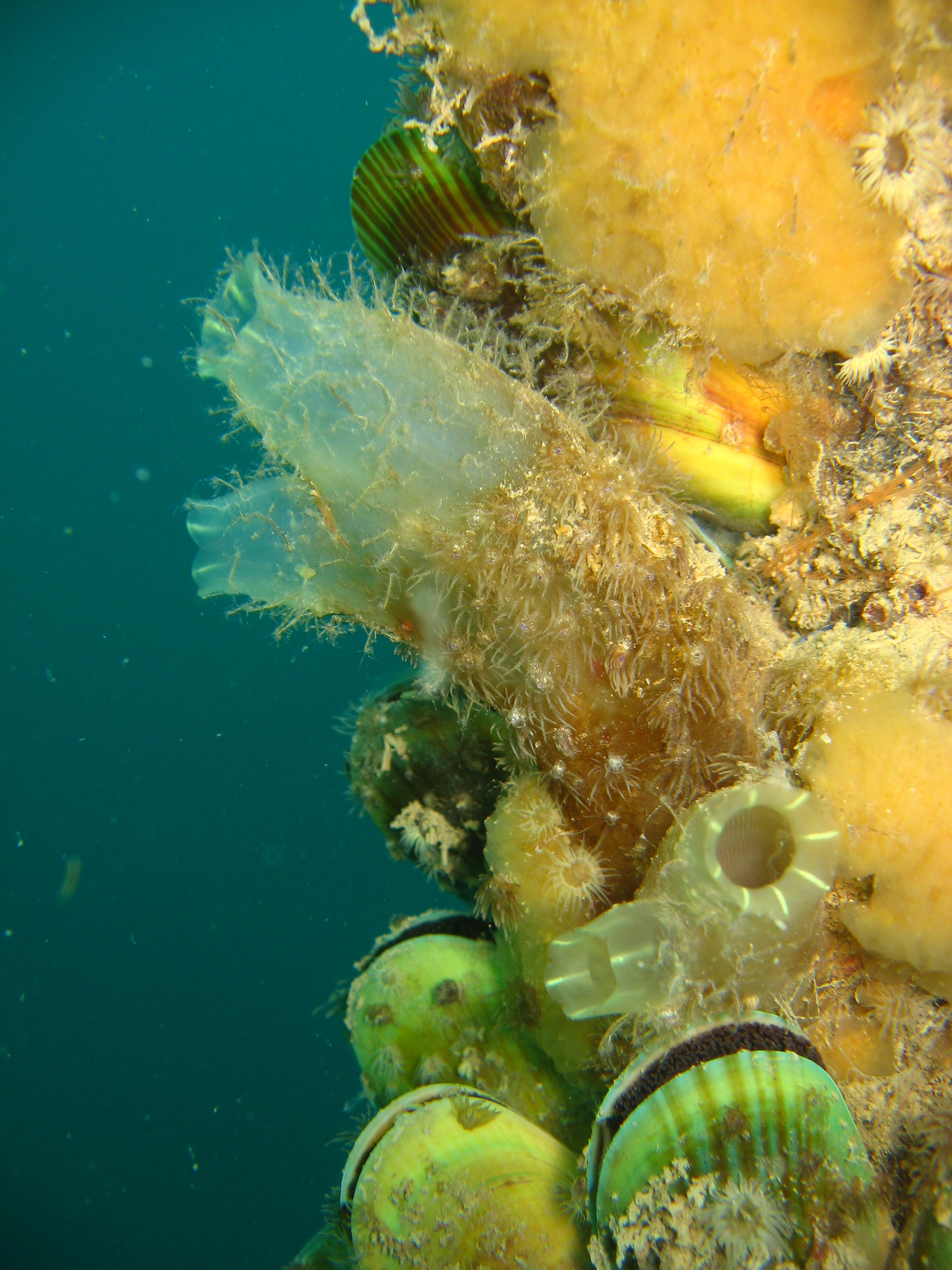Ecology & Evolution Seminar Series 2015 - Ingrid Richter
Ecology & Evolution Seminar Series 2015 - Ingrid Richter
Date: 2 April 2015 Time: 12.00 pmIngrid Richter presents Molecular
evolution and functional characterisation of tunicate xenobiotic receptors.
 Vertebrate pregnane X receptor (PXR, NR1I2), a
ligand-activated nuclear receptor, regulates expression of detoxification
genes. Vertebrate PXR orthologues may adaptively evolve to bind
deleterious/toxic xenobiotics typically encountered by organisms from their
diet. Tunicates (phylum Chordata) are marine filter-feeders that form a sister
clade to the Vertebrata. Genomes of two tunicate taxa, Ciona intestinalis and Botryllus
schlosseri, encode at least two PXR orthologues.
Vertebrate pregnane X receptor (PXR, NR1I2), a
ligand-activated nuclear receptor, regulates expression of detoxification
genes. Vertebrate PXR orthologues may adaptively evolve to bind
deleterious/toxic xenobiotics typically encountered by organisms from their
diet. Tunicates (phylum Chordata) are marine filter-feeders that form a sister
clade to the Vertebrata. Genomes of two tunicate taxa, Ciona intestinalis and Botryllus
schlosseri, encode at least two PXR orthologues.
